The Nigerian government tried to crack down on crypto earlier this year. However, it now appears that its efforts were not that effective as crypto adoption continues to surge in the country.
The Central Bank of Nigeria reminded financial institutions back in February that “dealing in cryptocurrencies or facilitating payments for cryptocurrency exchanges is prohibited.” They were also ordered to “identify persons and/or entities” who were transacted with crypto and those operating exchanges and “ensure that such accounts are closed immediately.”
Despite the restrictive regulations, the central bank’s move failed to deter Nigerians from investing and using digital currencies. The country’s crypto community turned to peer-to-peer trading to send payments directly to each other, according to Cointelegraph.
In fact, the volume of crypto received by Nigerian users of digital currencies has significantly increased since last year. Users in the country received $2.4 billion worth of crypto in May of 2021, a massive increase from the $684 million they received in December 2020 based on Chainalysis data.
Nigeria is the eighth country in the world with the highest rate of crypto adoption in Chainalysis’ 2020 report. Thirty-two percent of Nigerians use digital currencies based on a survey by Statista in March 2021.
Inflation and the devaluation of Nigeria’s currency are also factors that helped speed up crypto adoption. “Recently, the devaluation of our local currency [encouraged] people [to start] saving in crypto assets like bitcoin and ethereum,” CEO of crypto startup BiTA Udeaja Kingsley said. Kingsley noted that crypto users are “mostly the youths that believe in it and are trading it via the means of P2P.”
With the inflation rate at 18 percent, the Nigerian naira has been losing value this year. U.S. dollars are in high demand in the country since most of the goods are imported. With the dollar’s scarcity, Bitcoin (BTC) is sometimes used as its proxy and hedge against inflation.
“Over 70% of all that is being consumed in Nigeria is imported, and with financial restrictions, Bitcoin is gaining all the attention it deserves,” said Keith Mali Chung, president and co-founder of the African blockchain firm Loopblock Network. He added that Chinese businessmen that sell electronics and clothing in the country use crypto as a means of exchange.








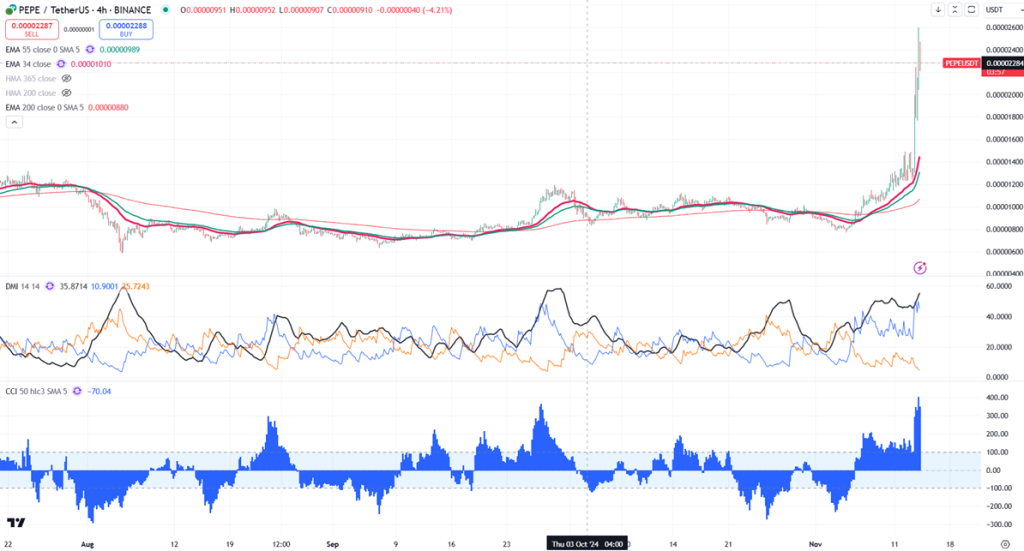
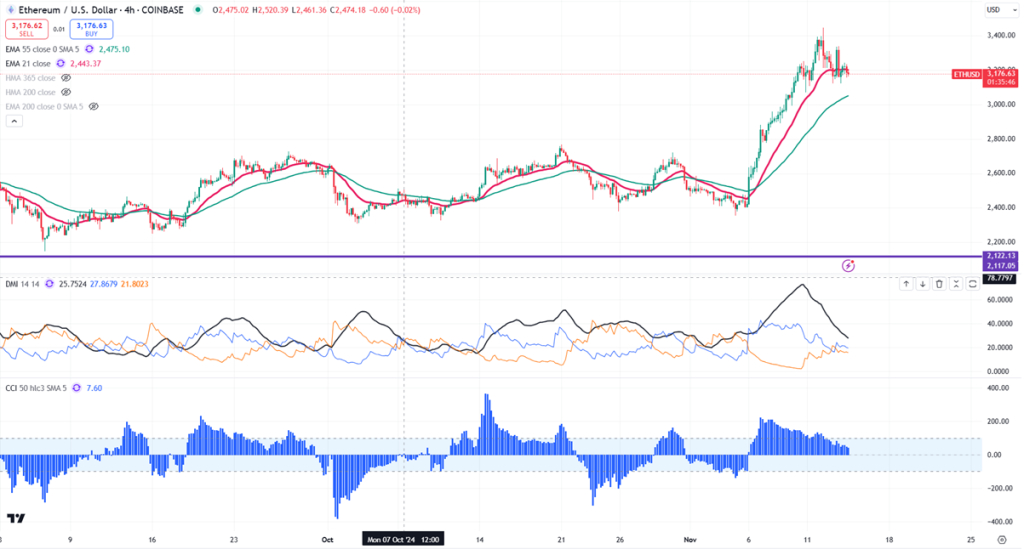
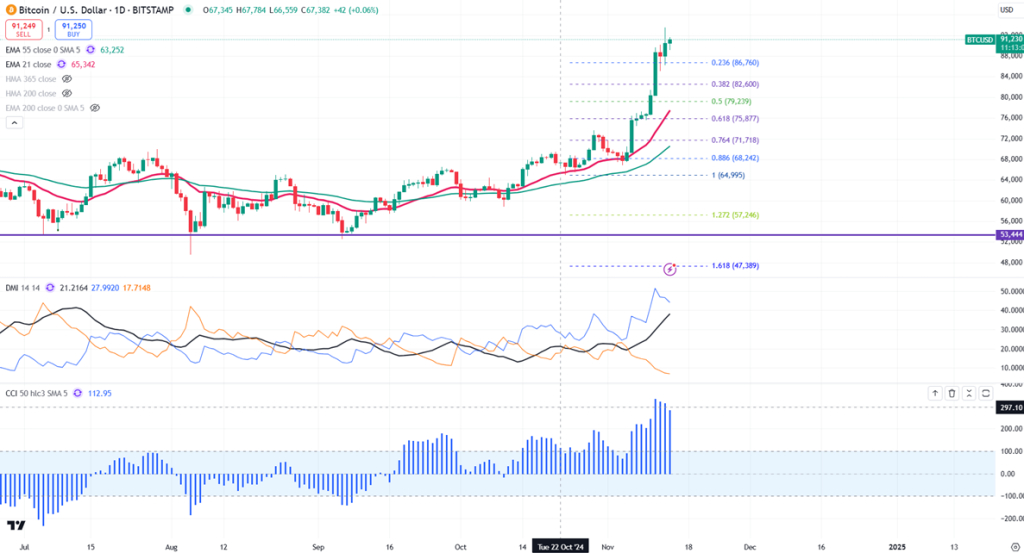


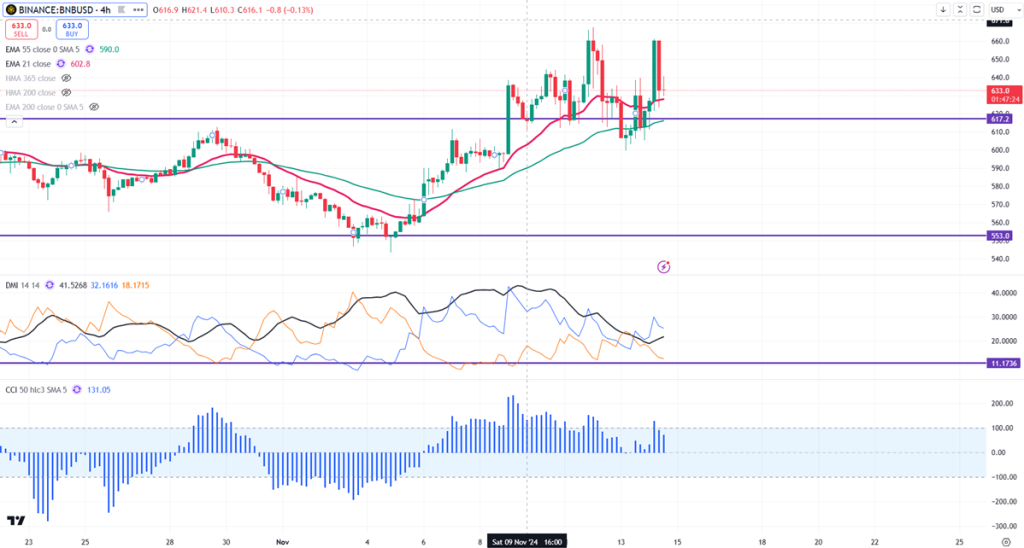
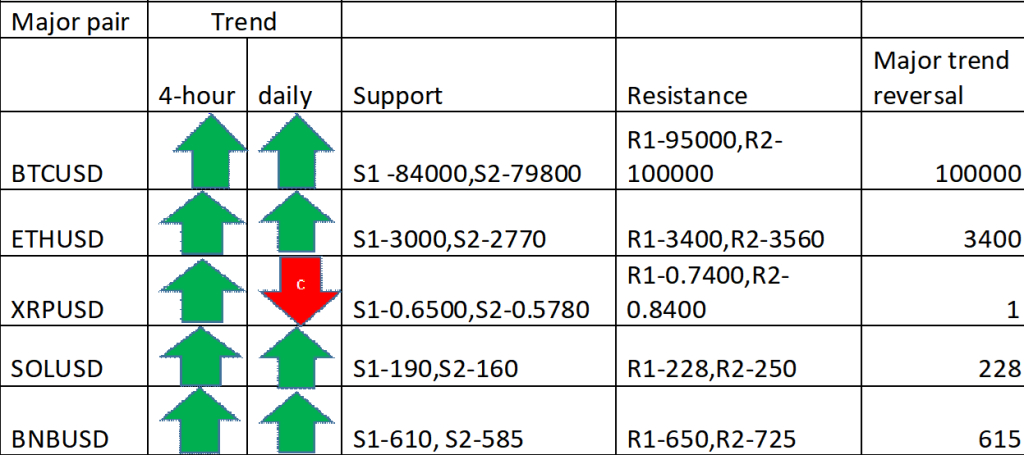


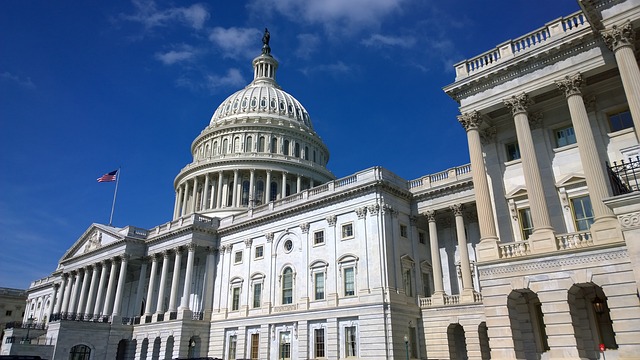


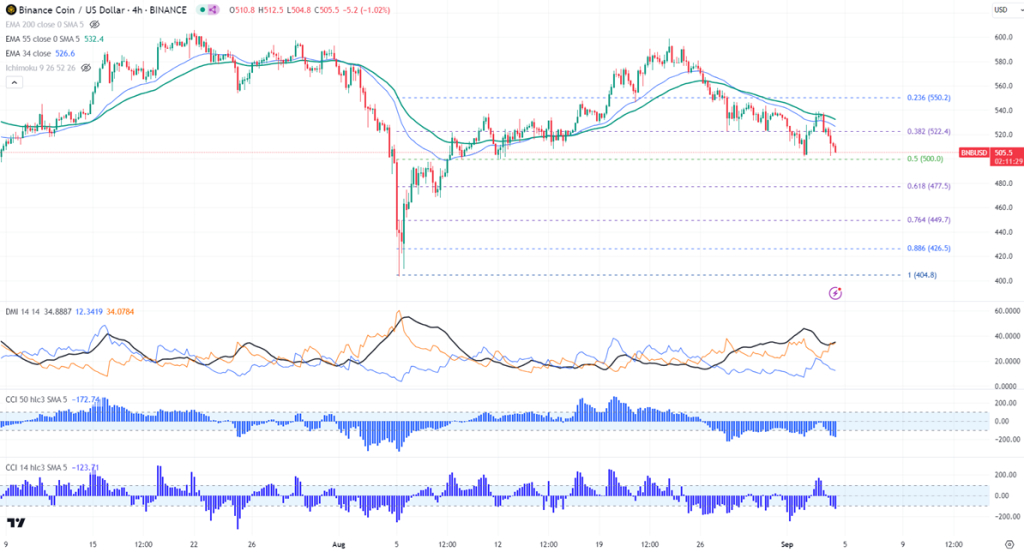

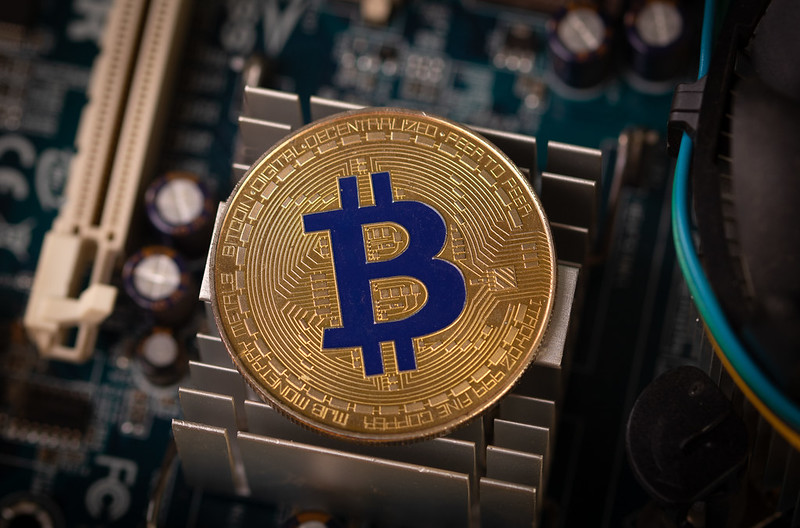

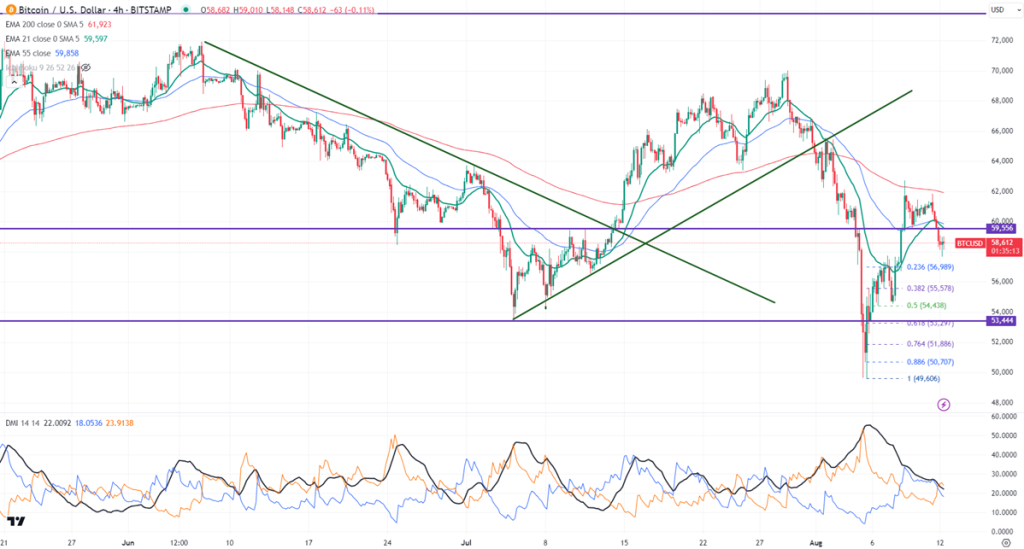

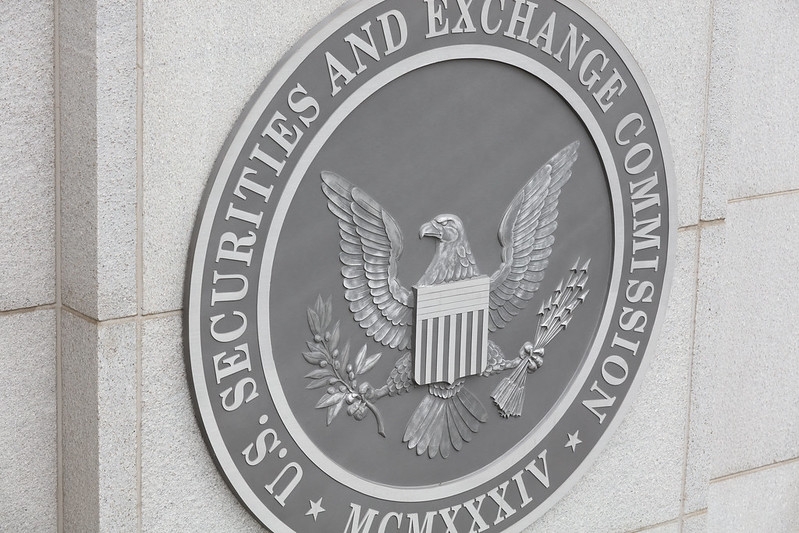
Comment 3